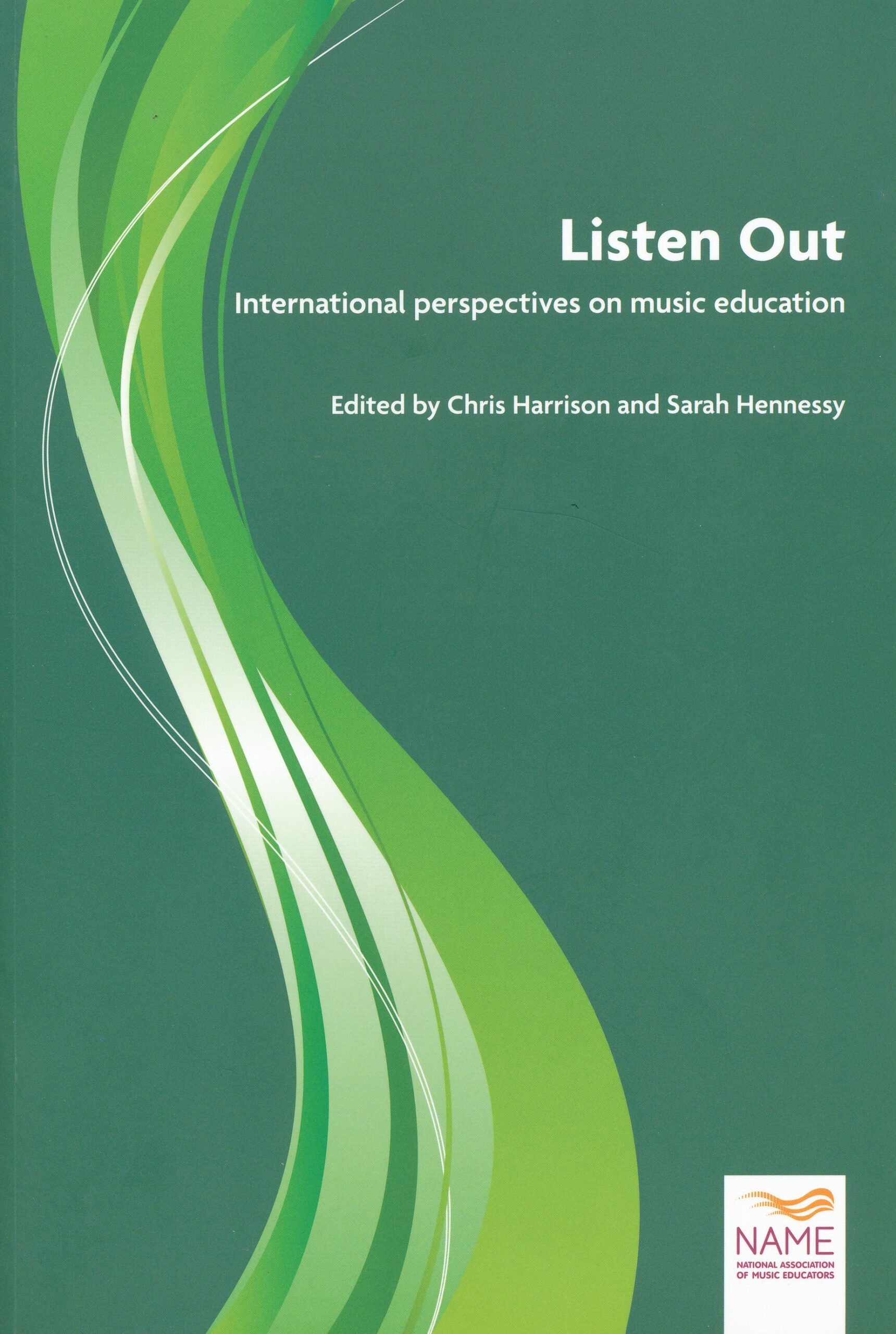
Listen Out: International perspectives on music education
Caroline Fentiman finds there is a lot that can be learnt from successful musical education practice from around the world.
This series of essays by international music education practitioners contextualises the UK's attitude and approach towards the teaching of music in schools. It aims to raise awareness of current practice and help us consider how we can be receptive to other ways of working. The book is divided into four sections: examining student exchanges, teaching and learning, international collaborations and international initiatives.
In addition to the excellent insight it gives to anyone interested in the delivery of music education, this book gives fascinating glimpses into different world cultures. From anecdotal reports to academic studies, Listen Out offers a detailed picture of music education across the globe and inspires us to question our own practice. The book is a useful tool for music practitioners who can feel isolated and lack the time and resources to explore alternative learning environments. It also helps us to consider our own practice and how we instil a love of music into young people. As ‘Samuel’ says, in a chapter on international music forums, “Music teachers should make children feel like artists”.
In one chapter, Johanne Schroder talks about the importance of allowing time for children to create, rather than explain, which raises the issue of studying art for art’s sake and valuing process over product. This was based on an outreach project she experienced with the Royal Philharmonic Orchestra, and highlights the need now, more than ever, for music teachers to seek creative opportunities outside the curriculum for their students.
A fascinating essay by Daniel Knight serves to prove the point that music is a universal language. It also offers an optimistic and refreshing view of what can be achieved with very few resources but with boundless enthusiasm and invention. Any teachers considering work abroad should read about Knight’s experiences, from gospel choirs in the Bahamas to orchestras in South Korea. Eric Shieh makes a persuasive case for interdisciplinarity based on his own experiences in a New York City school . This is something already explored in English schools: the challenge lies in finding the resources to allow teachers from different departments time to share good practice and plan schemes of work. An essay on international collaboration emphasises the lack of willingness amongst governments and policy makers to support the development of specific music teaching skills at primary level. It then goes on to detail a 3-year programme that ‘enabled immersion and focus’ and in so doing helped teachers work together and grow in confidence as music practitioners.
A report on Soundcastle International Exchange noted that we have much to learn in terms of intergenerational practice, and that participation is the best way of learning. In another chapter the role of extra-curricular music projects, particularly in disadvantaged communities, is explored. The book concludes with an essay by Simone Dudt on international policy. She speaks for artists everywhere when she concludes that “culture lies at the heart of human development and civilisation. Culture is what makes people hope and dream…”.
Caroline Fentiman is a music teacher and arts practitioner based in Northumberland.
Join the Discussion
You must be logged in to post a comment.